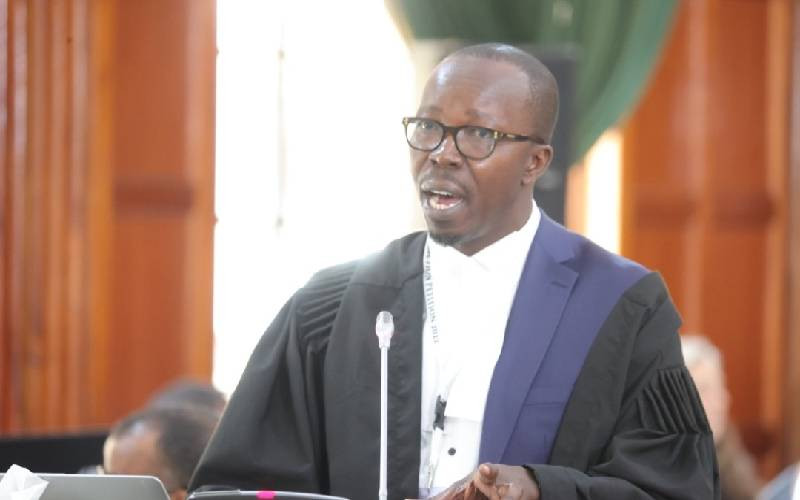×
The Standard e-Paper
Join Thousands Daily

IEBC was transparent in the transmission of presidential election results, the commission's lawyer Eric Gumbo has told the Supreme Court.
Gumbo is one of the lawyers representing the commission in a presidential petition, which is seeking to overturn the declaration of William Ruto of UDA as the president-elect.